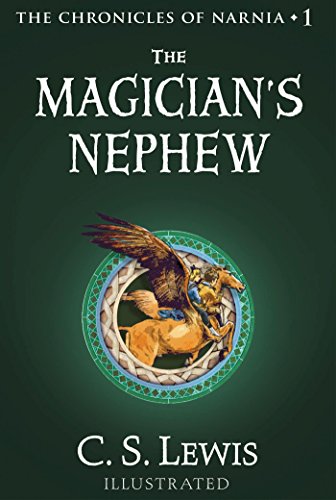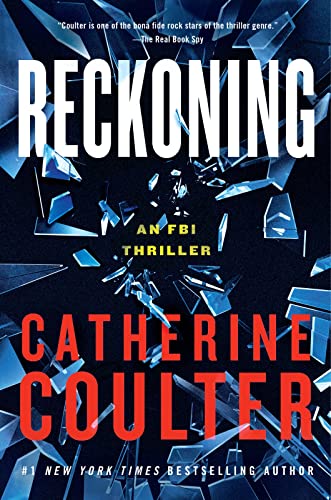 In today’s Publetariat Dispatch, we share some recent volleys from both sides in the Department of Justice’s ongoing antitrust suit against Apple and five large publishers.
In today’s Publetariat Dispatch, we share some recent volleys from both sides in the Department of Justice’s ongoing antitrust suit against Apple and five large publishers.
On March 9, Authors Guild President Scott Turow posted an open letter on the Authors Guild site, calling the announcement that the U.S. Justice Department was near to filing an antitrust lawsuit against Apple and five large publishers (often referred to as The Agency 5, as these are the publishers who immediately signed on for Apple’s agency pricing scheme) “grim news”.
Author J.A. Konrath offered a fairly scathing blog post in counterpoint on March 16, calling Turow out for supporting publishers over the interests of authors—even the very authors whose interests Turow is supposed to be protecting and furthering in his role as President of the AG.
Here’s just one thread of Konrath’s post, in which he addresses Turow’s contention that allowing Amazon to become the dominant player in the ebook market would be somehow disastrous:
——————————————————————————————–
Scott said: “Look, if what they’re into is maximizing profits, then if they were to have a monopoly there’d be no rationale not to use the monopoly power to increase prices to consumers. That is historically what monopolies do. There is plenty of precedent for that. It’s only rational to fear what they’re going to do with this accumulation of power.”
That’s historically what monopolies do? Okay, so show me the precedent.
Microsoft has pretty much dominated the market with Windows. Has Windows become more expensive since it first launched because MS has a monopoly on operating systems?
It launched in 1985 for $99.00. In today’s dollars that equals $212.00
The latest version of Windows is
$179.00.
But Amazon must have a track record for doing this, right?
When the Kindle was released in 2007, it was $399. Now that is has an overwhelming market share, how much did Amazon jack up the price?
The Kindle Fire is $199. The bare-bones Kindle is $79.
Hmm…
I’m old enough to remember Ma Bell having a true monopoly on telephones. You had no choice. You couldn’t even own your own phone–you had to rent from them.
Am I off base, or did prices seem to get higher once the Department of Justice broke them up?
Monsanto owns 98% of the US soybean market, and 79% of the corn market. Last I checked, both corn and soy were still pretty cheap.
Where is all this precedent? Can’t Turow offer a single example? Just one to show the bad things that happen when a single company controls an industry?
Certainly OPEC is an example, but that’s a cartel, not a single company. They all agree on the price of oil, and we’ve seen how crazy oil prices have become. We’re hitting $4.00 for a gallon of gas in Chicago right now. All because they collude to fix prices.
I mean, four bucks for gas is outrageous. It’s almost as bad as paying $14.99 for an ebook.
Hmm. That’s sort of ironic, isn’t it? Because the Big 6 also fit the
definition of a cartel, and they’re being investigated for collusion.
Seems like cartels want to keep prices high, when Amazon wants to lower them. That’s the reason the Big 6 colluded, remember? Amazon was selling ebooks for less than the cartel wanted them to be sold for. So the Big 6 forced Amazon to take the agency deal, resulting in LESS MONEY FOR AUTHORS.
I put that in caps because Turow and the Authors Guild support the agency model, when authors make less money from the agency model. And the rationale behind it is so funny it hurts:
The Big 6 wanted to control ebook pricing so they could keep the prices high, because they were afraid of Amazon becoming a monopoly which might raise the price of ebooks.
 In today’s Publetariat Dispatch, we share some recent volleys from both sides in the Department of Justice’s ongoing antitrust suit against Apple and five large publishers.
In today’s Publetariat Dispatch, we share some recent volleys from both sides in the Department of Justice’s ongoing antitrust suit against Apple and five large publishers. 












